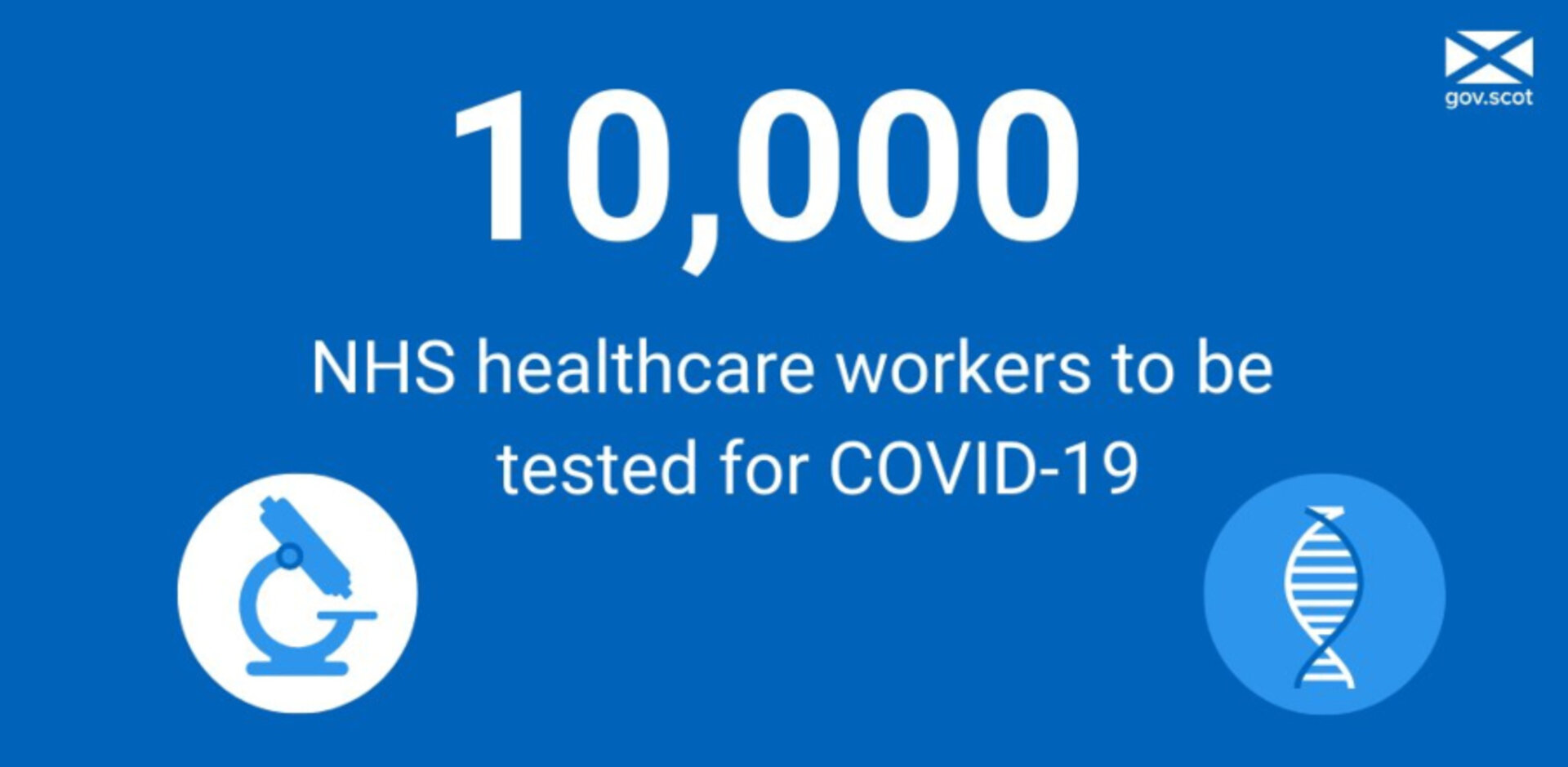GCU leads Scottish arm of major UK-wide COVID-19 immunity study

Glasgow Caledonian University (GCU) Professor Lesley Price is co-ordinating the Scottish arm of the UK-wide SIREN study, in partnership with Public Health Scotland, and working closely with NHS Research Scotland and the Chief Scientist Office.
SIREN is a study testing 100,000 health workers, which will provide information on immunity from and prevalence of COVID-19 infection.
The primary objective of the study is to determine whether the presence of COVID-19 antibodies is associated with a reduction in the subsequent risk of re-infection over the next year.
The data will also be used to estimate the prevalence of COVID-19 infection in healthcare workers by region.
Professor Price, who is also co-lead of GCU's Safeguarding Health through Infection Prevention (SHIP) Research Group, said she is delighted the University is involved in such a hugely important study.
She explained: "We are delighted to be involved in this very important UK-wide study that Scotland is taking part in. It is important, not just for healthcare workers, but to find out these answers for the general population.
"The aim of the study is to see if anybody who has had COVID-19 gets it again and find out if that provides immunity. UK-wide there will be 100,000 healthcare workers recruited for this study.
"GCU is co-ordinating the Scottish arm of the study and we will be testing 10,000 Scottish healthcare workers every two weeks with blood and throat swabs because we want to find out how COVID-19 is affecting them as they are at higher risk. The study is expected to last two years."
Dr Gregor Smith, Interim Chief Medical Officer, also said the study was of huge importance as it provides an opportunity to gain a greater understanding of immunity to COVID-19.
He added: "It will also give us invaluable data on the level of infection amongst our staff and inform us how we can best protect them and our patients."
